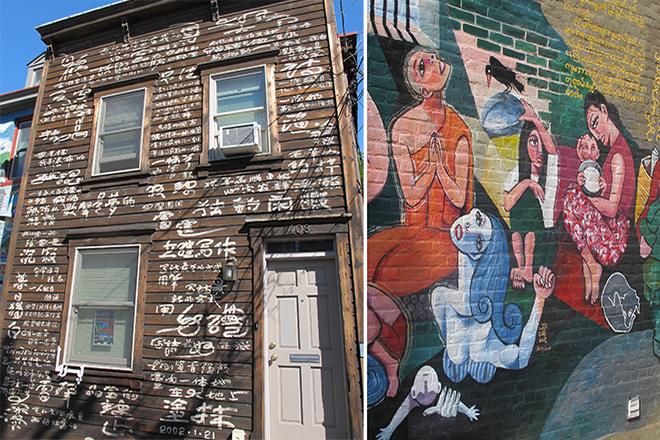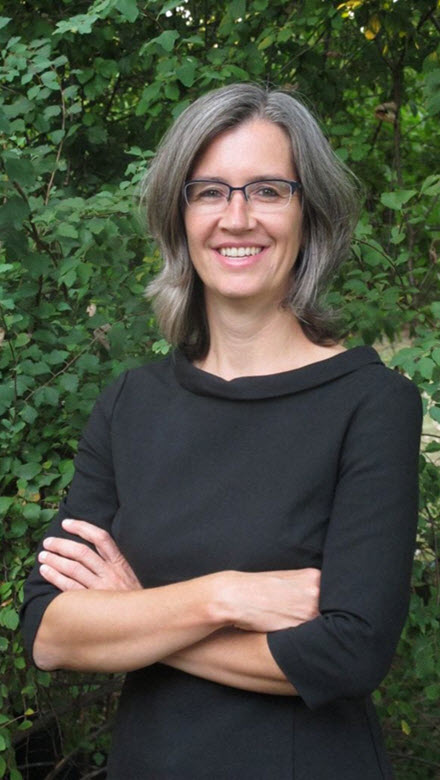Political Asylum: An Introduction from an Arts & Humanities Perspective

Credit: City of Asylum by Jutta Gsoels-Lorensen is licensed under CC BY-NC-SA 4.0
Resource Description
This module, suited for a General Education course, is conceived as a week-long introduction to the legal institution of political asylum through various forms of cultural expression, including refugee writing, documentaries, and visual art.
Approaching the theory and practice of international protection through the lens of narrative and narrative acts, this unit provides teaching materials that prompt students to consider the workings of “story” in a variety of contexts, ranging from the aesthetic to the legal; the therapeutic to the political. Designed for active learning, the enclosed activities seek to create space for engaged classroom debate through guided textual analysis, media criticism, (creative) writing prompts, and cross-disciplinary forms of “reading.” Viet Thanh Nguyen’s The Displaced: Refugee Writers on Refugee Lives will serve as the primary class text. Students will also be introduced to Pittsburgh’s City of Asylum, a non-profit, residency program for writers facing persecution in their countries.

